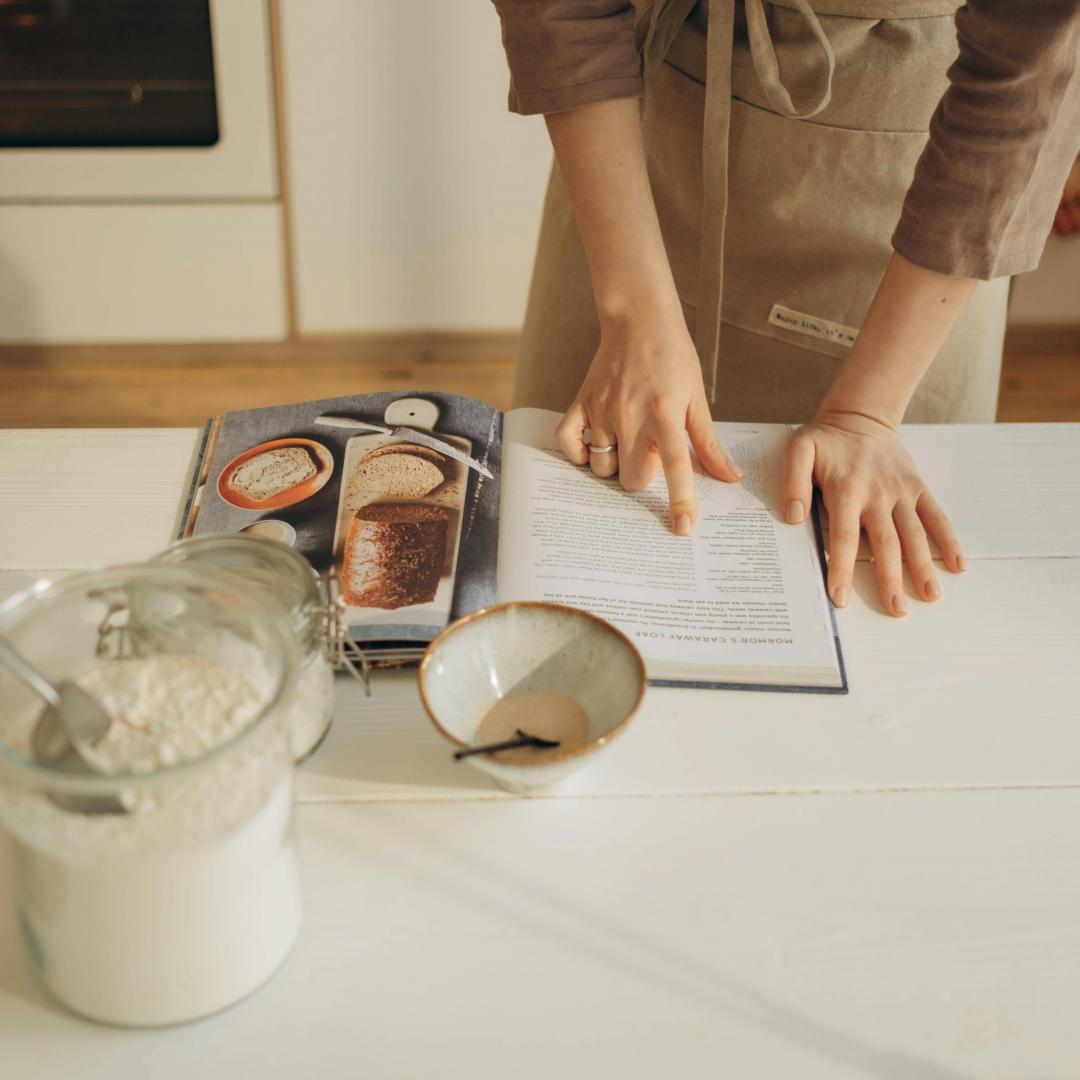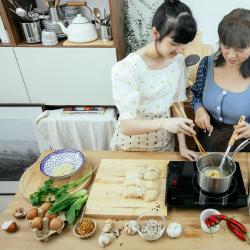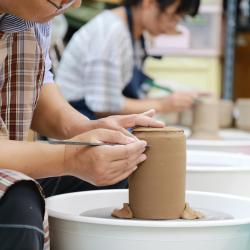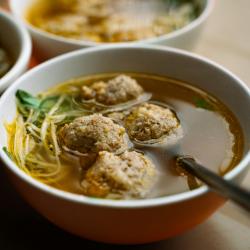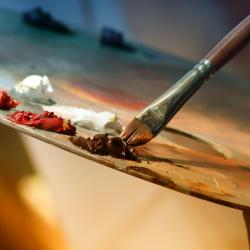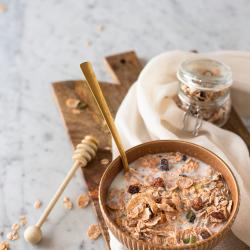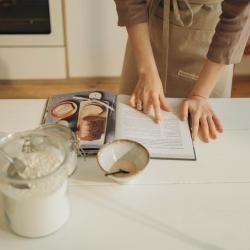How to Start Cooking as a Hobby: Tips for Beginners
Cooking has long been celebrated as both an art and a science. For many, it is a joyful hobby that not only satisfies the palate but also brings a sense of accomplishment and creativity. Whether you're looking to impress your friends, eat healthier, or simply enjoy the meditative process of meal preparation, diving into cooking as a hobby can be extremely rewarding. Here are some tips to get you started on your culinary journey.
1. Equip Your Kitchen
Before you begin your culinary adventures, it's important to have the basic tools at your disposal. While you don't need a fully equipped kitchen to start, a few essential items will make the process much smoother. Here's a beginner's checklist:
- Chef's Knife: A good quality, sharp chef’s knife is indispensable.
- Cutting Board: Invest in a sturdy board that’s easy to clean.
- Pots and Pans: A non-stick skillet and a medium-sized pot are versatile options.
- Measuring Cups and Spoons: These are crucial for following recipes accurately.
- Mixing Bowls: A variety of sizes are useful for mixing ingredients and serving.
- Baking Sheet: Ideal for roasting veggies or baking cookies.
- Basic Utensils: Spatula, whisk, tongs, and a peeler.
2. Start with Simple Recipes
As a beginner, it’s important to build your confidence in the kitchen, so start with simple recipes that don’t require advanced techniques or hard-to-find ingredients. Consider classic dishes like scrambled eggs, pasta with homemade sauce, or stir-fried vegetables. These recipes offer room for practice and experimentation without overwhelming you.
3. Embrace the Learning Process
Cooking, like any other hobby, involves a learning curve. Don't be too hard on yourself if a dish doesn't turn out perfectly on the first try. Mistakes are part of the process and provide valuable learning opportunities. Take notes on what works and what doesn’t, and over time, you'll see improvement in your skills and understanding of flavors.
4. Explore and Experiment
Once you're comfortable with basic techniques, broaden your horizons by experimenting with new cuisines and ingredients. This is a fun way to explore cultures and tastes from around the world. You can start by trying Italian risotto, Indian curry, or Japanese sushi. Additionally, playing with herbs and spices can transform a simple dish into something extraordinary.
5. Master Basic Cooking Techniques
Having a few basic techniques under your belt can significantly elevate your cooking. Learn how to:
- Chop and Slice Vegetables: Practice different knife skills to improve efficiency and presentation.
- Sauté and Fry: Understand how to control heat for different cooking methods.
- Season Properly: Learn the basics of seasoning with salt, pepper, herbs, and spices.
- Balance Flavors: Experiment with balancing sweet, salty, sour, and umami flavors.
6. Plan Your Meals
Meal planning can save you time and reduce stress in the kitchen. Start by picking a few recipes for the week, create a shopping list, and prep some of the ingredients in advance if possible. Not only will this make the cooking process smoother, but it will also help you make more thoughtful decisions about your diet.
7. Engage with the Cooking Community
One of the joys of cooking as a hobby is sharing experiences and learning from others. Join online forums, cooking classes, or social media groups to connect with fellow cooking enthusiasts. Don’t be shy to showcase your creations and ask for feedback or tips.
8. Keep Expanding Your Knowledge
There's always more to learn in the world of cooking. Read cookbooks, watch cooking shows or videos, and perhaps take a local cooking class. These resources can provide new techniques, inspiration, and knowledge about different ingredients.
9. Enjoy the Process
Above all, remember that cooking is meant to be a pleasurable experience. Enjoy the sounds, smells, and textures of the process. Whether you’re cooking alone or with loved ones, take pride in what you create and savor the results.
Starting a cooking hobby is both enriching and fulfilling. With patience, practice, and a willingness to learn, you'll soon find yourself whipping up delicious meals and developing a lifelong passion for the culinary arts. So don your apron, arm yourself with a spatula, and embark on this flavorful journey. Bon appétit!
